Ahmet Hamdi Tanpinar - The Time Regulation Institute
Here you can read online Ahmet Hamdi Tanpinar - The Time Regulation Institute full text of the book (entire story) in english for free. Download pdf and epub, get meaning, cover and reviews about this ebook. year: 2014, publisher: Penguin Classics, genre: Home and family. Description of the work, (preface) as well as reviews are available. Best literature library LitArk.com created for fans of good reading and offers a wide selection of genres:
Romance novel
Science fiction
Adventure
Detective
Science
History
Home and family
Prose
Art
Politics
Computer
Non-fiction
Religion
Business
Children
Humor
Choose a favorite category and find really read worthwhile books. Enjoy immersion in the world of imagination, feel the emotions of the characters or learn something new for yourself, make an fascinating discovery.

- Book:The Time Regulation Institute
- Author:
- Publisher:Penguin Classics
- Genre:
- Year:2014
- Rating:5 / 5
- Favourites:Add to favourites
- Your mark:
The Time Regulation Institute: summary, description and annotation
We offer to read an annotation, description, summary or preface (depends on what the author of the book "The Time Regulation Institute" wrote himself). If you haven't found the necessary information about the book — write in the comments, we will try to find it.
Perhaps the greatest Turkish novel of the twentieth century, being discovered around the world only now, more than fifty years after its first publication, The Time Regulation Institute is an antic, freewheeling send-up of the modern bureaucratic state.
At its center is Hayri Irdal, an infectiously charming antihero who becomes entangled with an eccentric cast of charactersa television mystic, a pharmacist who dabbles in alchemy, a dignitary from the lost Ottoman Empire, a clock whispererat the Time Regulation Institute, a vast organization that employs a hilariously intricate system of fines for the purpose of changing all the clocks in Turkey to Western time. Recounted in sessions with his psychoanalyst, the story of Hayri Irdals absurdist misadventures plays out as a brilliant allegory of the collision of tradition and modernity, of East and West, infused with a poignant blend of hope for the promise of the future and nostalgia for a simpler time.
For more than sixty-five years, Penguin has been the leading publisher of classic literature in the English-speaking world. With more than 1,500 titles, Penguin Classics represents a global bookshelf of the best works throughout history and across genres and disciplines. Readers trust the series to provide authoritative texts enhanced by introductions and notes by distinguished scholars and contemporary authors, as well as up-to-date translations by award-winning translators.
Ahmet Hamdi Tanpinar: author's other books
Who wrote The Time Regulation Institute? Find out the surname, the name of the author of the book and a list of all author's works by series.

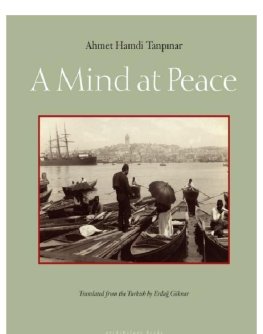
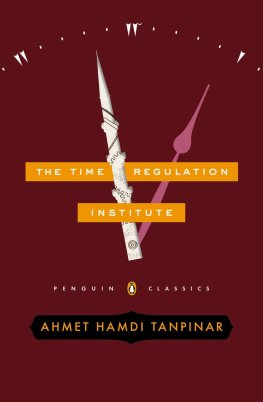
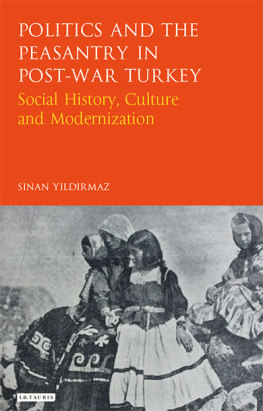
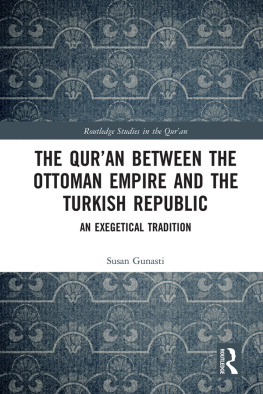
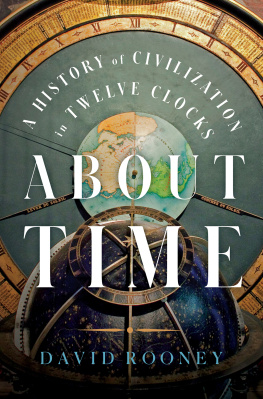
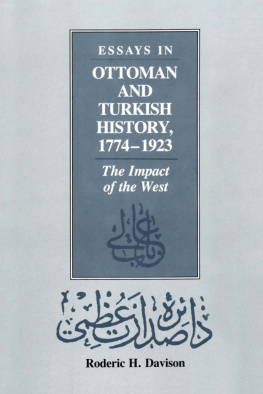
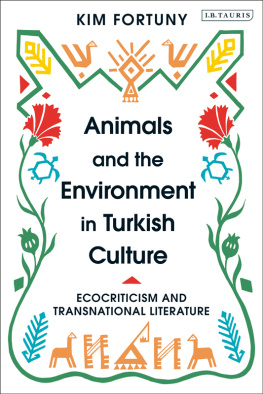
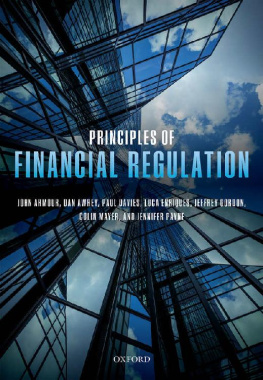


 CLASSICS
CLASSICS